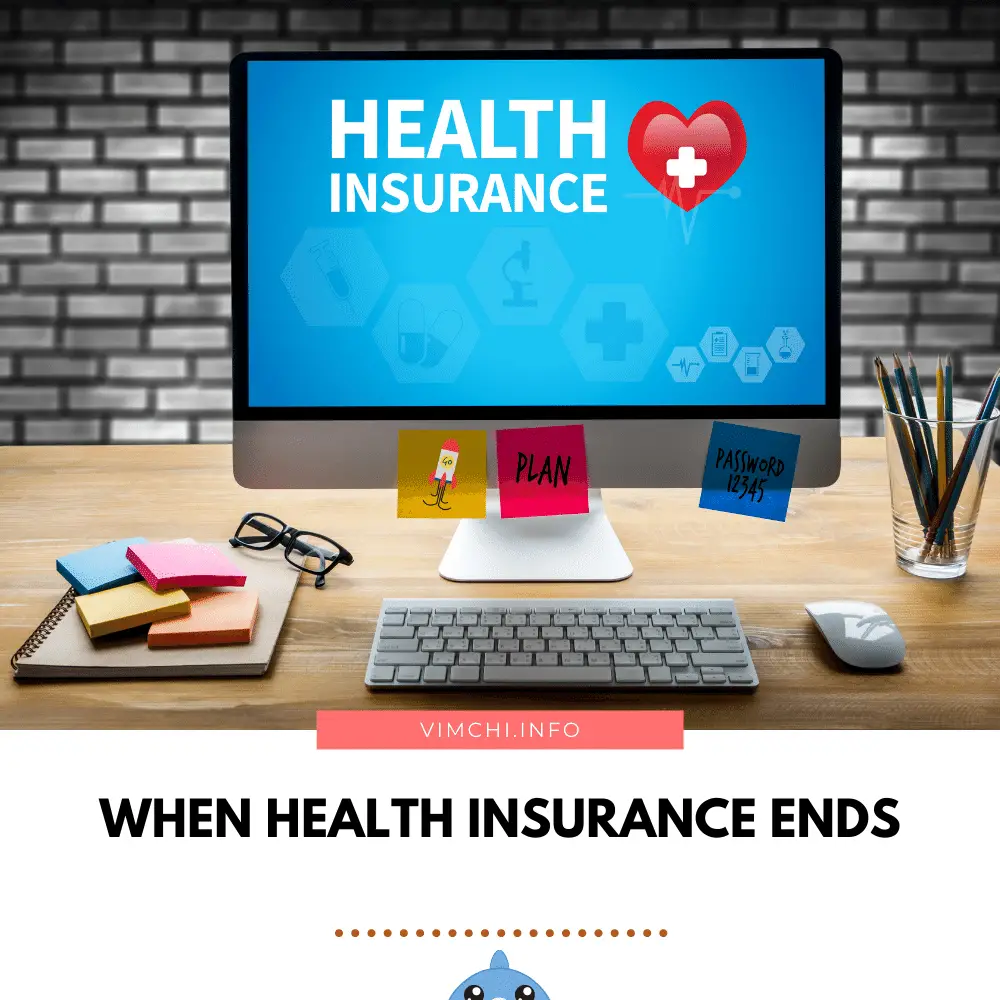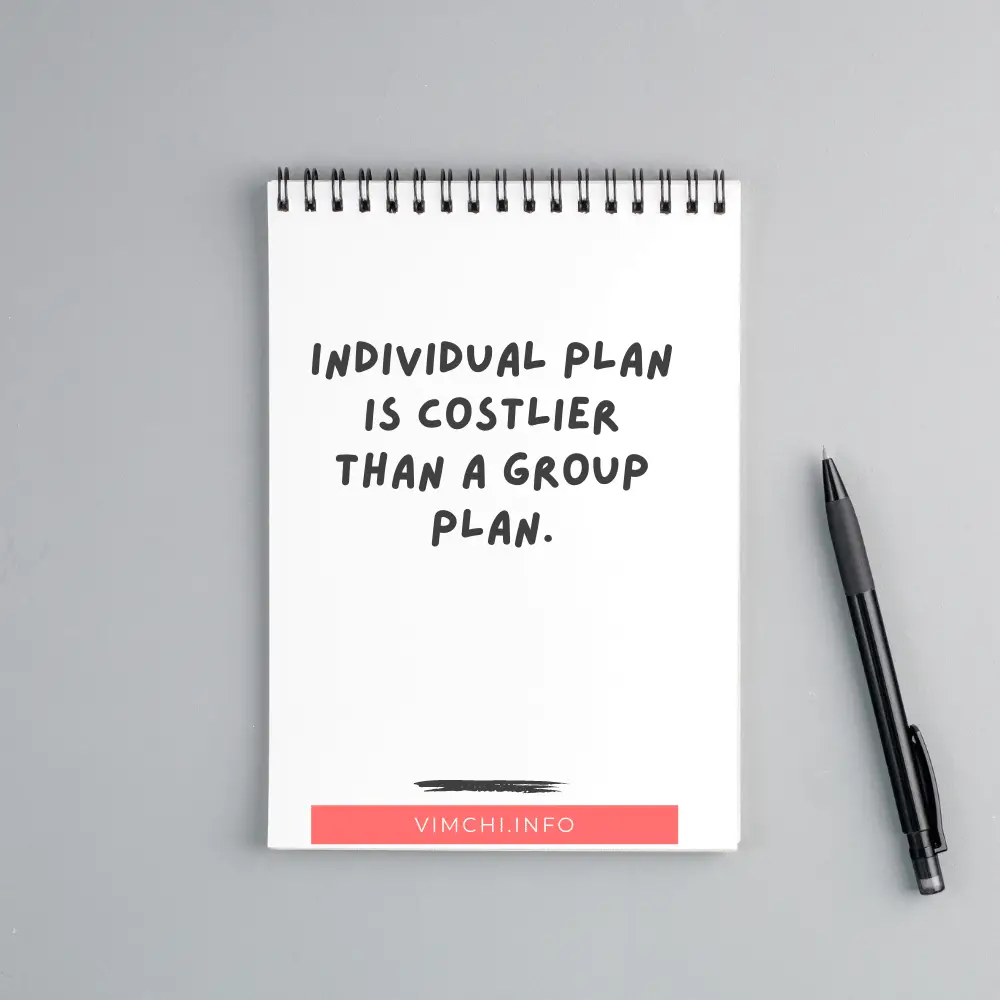When health insurance ends, you need to take action quickly. There are several options to choose from but each of them has a time limit.

How to Prepare When Health Insurance Ends?
Move Quickly
Whether you have lost your job, entered retirement, or left your employment to start a business, your health insurance benefits also end. When that happens, you need to move quickly.
Remember that you have one month or 30 days to convert your workplace health insurance coverage to individual coverage. If you failed to convert it to an individual plan with the existing insurer, the benefits will lapse.
It means that you’ll lose the chance to continue getting the coverage.
However, if you allow the coverage to lapse, you will need to re-sign with the said insurer or you can opt to search for another carrier.
Unfortunately, if you sign up with a new insurer or re-sign with your current provider, you need to undergo a medical exam.
It may lead to higher premiums. You may also be excluded for pre-existing conditions.
Now, if you have a medical condition, the new insurer may refuse to give you coverage.
Read: When Health Insurance Doesn’t Pay
Start Your Research Right Away

Before you actually quit your job or retire, you need to plan ahead. By doing some research, you will know how long the benefits will last after leaving your job.
You will also know how long it will take for you to convert your plan to individual coverage.
When you plan ahead, you won’t be surprised knowing that an individual plan is costlier than a group plan. While you’re still employed, your employer paid partially or whole for your coverage. But when you quit your job or retire, you will suddenly bear the cost of the individual coverage.
Read: What are the Perks of Working for Google?
Know What You Need
Study the options available for your situation. You should gather quotes and compare them. But before you can obtain quotes, you need to know what coverage you really need.
If you don’t have pre-existing conditions, switching plans can be cheaper. When you compare quotes, you will find that some providers provide better offers.
And if you belong to a certain organization, you can access less expensive coverage.
Regardless of the carrier you pick, you can save money if you opt for coverage that doesn’t have dental benefits. Or you can let go of massage therapy perks.
However, you need to remember that health insurance is supposed to protect you from an accident that can ruin your finances in the future.
You need to study the coverage before signing up. Keep in mind that if you get a serious diagnosis, you may pay more for out-of-pocket costs.
Opt for a Short-Term Health Insurance
If you can’t purchase coverage through a special enrollment period, you may consider short-term health insurance. This type of policy is sold by brokers and insurance companies.
You can keep your short-term health insurance for a year. But you need to be careful when you set an end date for this plan.
Read: When Health Insurance Starts?
How Long Do You Still Have Health Coverage After You Leave Your Job?
There are no set requirements. However, most health insurance sponsored by employers will end on the day you leave your job. Or it can also be at the end of the month when you quit your job.
To know about the expiration of your employer-sponsored health insurance, you should consult your human resources department. If you have the documentation of the benefits, you may check it as well to find the details of the expiration.
Now, after learning that your health insurance coverage ends the day you quit your job, you can join your spouse’s plan, if you’re married. However, you may need to wait until the open enrollment period starts at your partner’s work.
Before You Retire or Leave Your Job
When you leave your job, you’re also leaving the insurance perks associated with your work. You need to ensure that you have the health insurance that you need.
As mentioned, you need to plan ahead before you actually send your notice to your employer.
Conclusion
When health insurance ends, you need to plan ahead. There are several options available for you to get coverage after leaving your job. But you need to research and peruse every plan available. And if your health insurer denies your claim, here are the things you can do.
Speak Now ... Or Forever Hold Your Peace